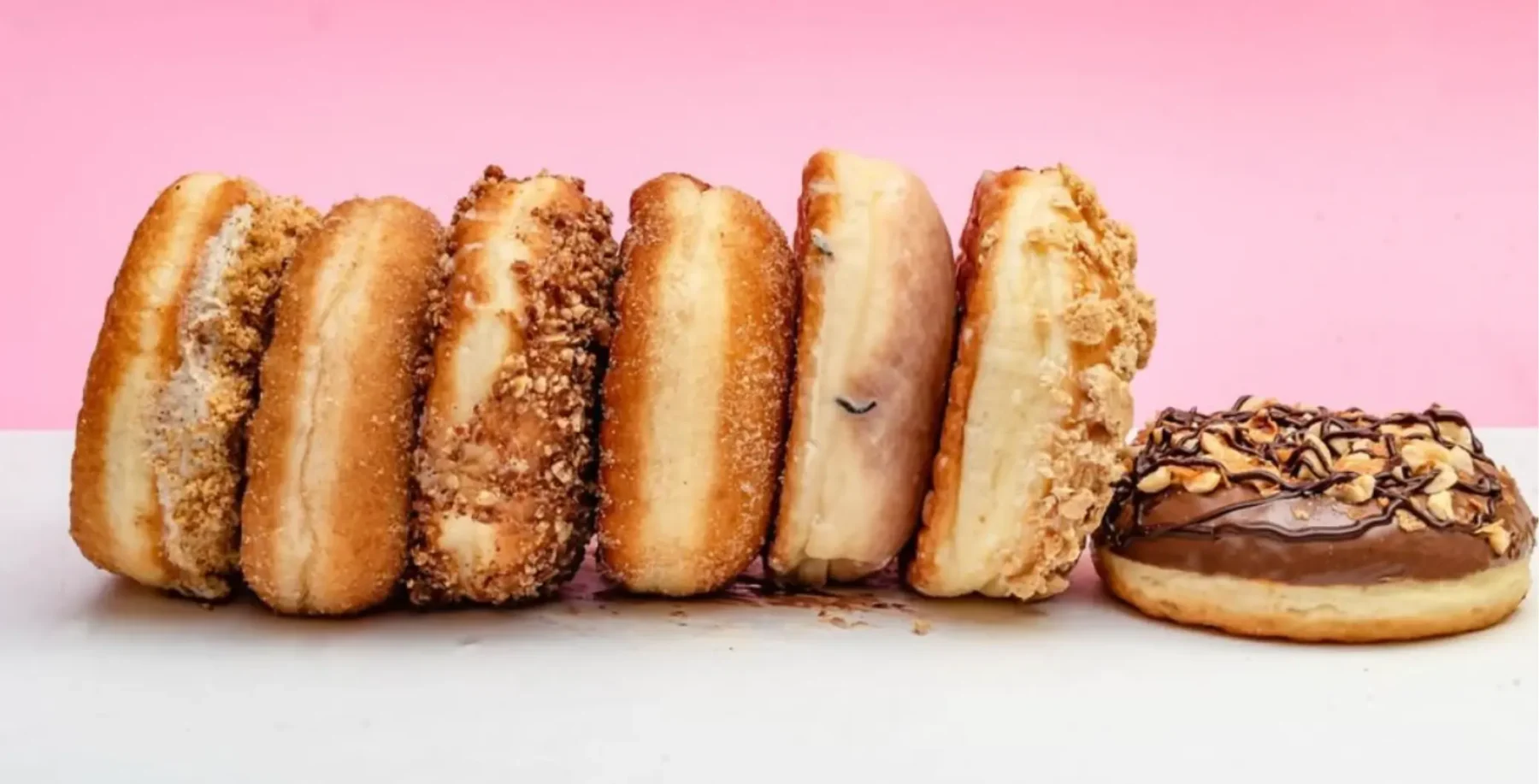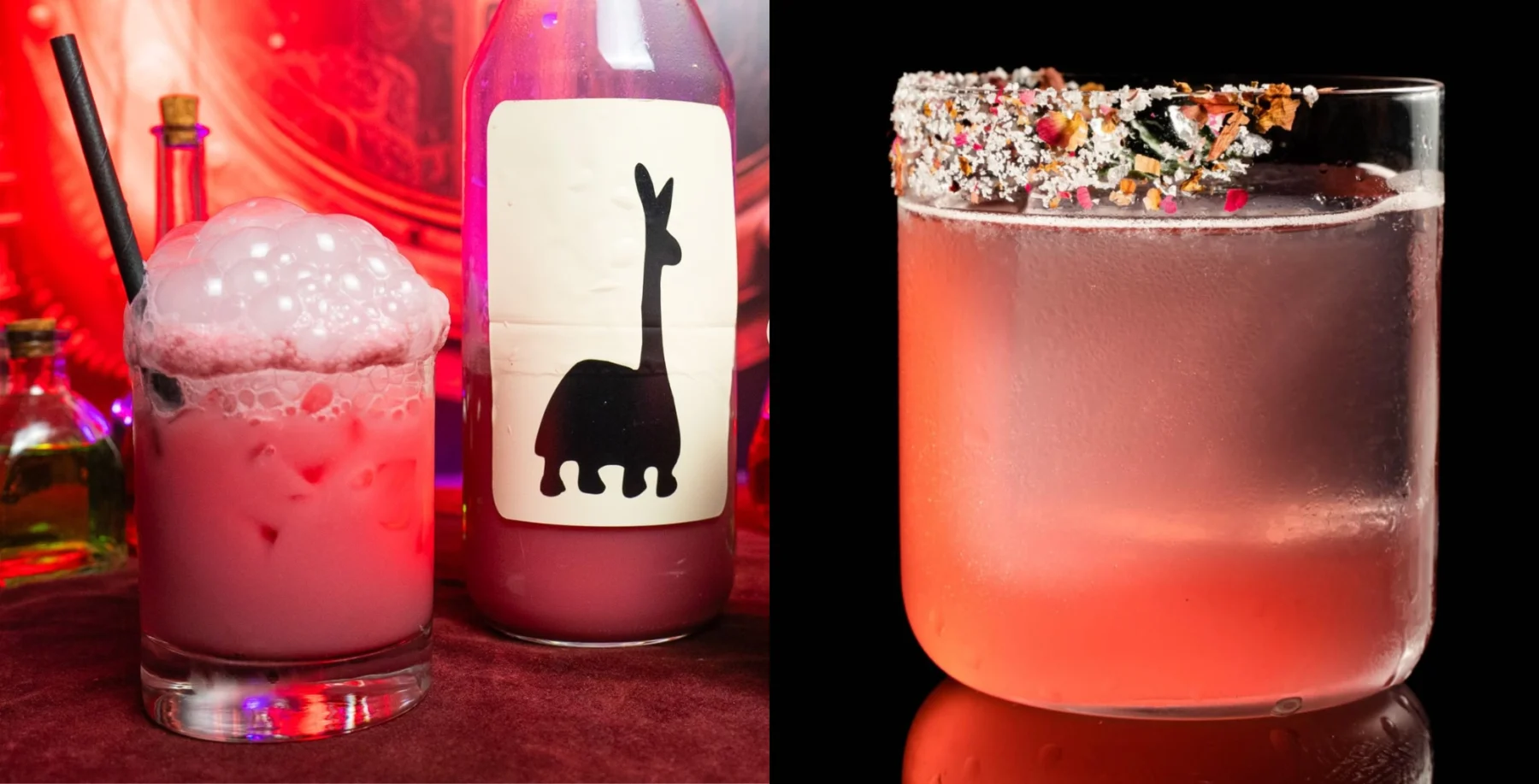
Rating: NNNNN
on cupid’s day of love, the sym-bol of the heart pops up everywhere. As it happens, the connection between those good lovin’ feelings and a vibrant heart, red with pulsing life, isn’t mere metaphor. If you want a healthy ticker for the rest of your days, new research suggests, a focus on love, appreciation and compassion needs to be at the top of your agenda.In more than half of heart disease cases, standard risk factors like high cholesterol, smoking or a sedentary lifestyle can’t fully explain the genesis of the problem.
But emotions seems to play a powerful role in heart health. Depression puts you at risk for heart disease positive social connections protect you.
Of all the body’s functions, research from the California-based Institute of HeartMath shows, the beat-to-beat changes in the heart’s rhythm are the most accurate mirror of our emotional state. When we choose a positive approach to life, we spend more time in what some scientists are calling a state of physiological coherence.
The pattern of our heart’s healthy rhythm looks like a sine wave, and we’re able to pump more blood and get more oxygen into circulation while using less energy. Being in the right heart zone ups our thinking power, increases the production of key immune compounds and makes space for other body systems to rejuvenate and repair themselves.
But anger, frustration and anxiety cause ragged and jerky-looking heart rhythms and use up our biochemical reserves. Road rage really isn’t good for you, and not just because it might get you into an accident.
Does all this mean that junk food and cigarettes don’t matter? Dream on. Holism means taking care of your whole being. Your prescription for a healthy heart is to eat your fruits and veggies and make sure that, as the old jazz standard says, each day is Valentine’s Day.
EXPERTS”Too many carbohydrates leads to chronically elevated insulin levels, and when this occurs you have an increase in the general circulation of the inflammatory molecules. This increases your risk of heart disease. Barry Sears’s “zone diet’ helps people bring their carbohydrate intake down. Using flax, hemp, extra-virgin olive oil, ginger, raw cayenne pepper and raw garlic (too much cayenne and garlic may cause gastritis) positively affects the cardiovascular system.”
ANTHONY GODFREY, PhD, naturopathic doctor
“When we are emotionally coherent and balanced, our system does go into this physiologically coherent mode. To achieve this, feel and appreciate life more. Once a pattern is established, the brain will try to maintain it. So if you focus frequently on appreciation, that starts to be the familiar rhythm your brain tries to maintain.”
ROLLIN McCRATY, PhD, director of research, Institute of HeartMath
“Once the liver becomes stressed, we have an excess of yang. This leads to higher viscosity of the blood, and that in turn puts pressure on your heart to move the blood around. Walking, meditation and chi gung (a form of meditative exercise) help a person de-stress. Having a laugh is good for the heart. Laughter is the best medicine.”
BALA LODHIA, practitioner of traditional Chinese medicine
“If you are feeling depressed, it’s something that’s not only affecting you psychologically but also could be affecting you physically. You don’t necessarily have to be a psychiatric case even mild to moderate depressive symptoms seem to carry some risk for heart disease.”
JANE IRVINE, PhD, psychologist
“Being smoke-free is important, and so is avoidance of second-hand smoke. Know your blood pressure and make sure it is in an acceptable range. Lowering cholesterol makes a big difference for people at risk.”
ANTHONY GRAHAM, MD, Heart and Stroke Foundation
“With heart disease you have to start young. You can’t wait till you’re 30. Once you’ve taken the steps toward disease, you can’t necessarily go back. Getting enough activity, eating properly balanced meals and avoiding excess calories are all very important.”
PHIL CONNELLY, PhD, staff scientist at St. Michael’s Hospital and associate professor, University of Toronto












